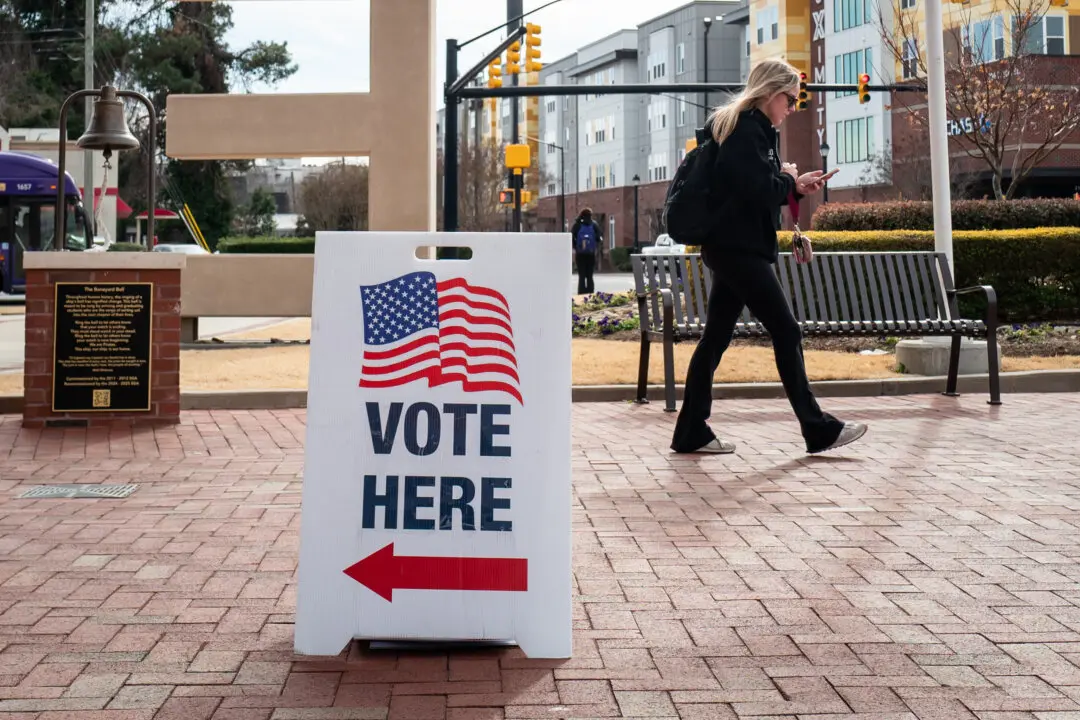A group of seven House Republicans led by Rep. Maria Salazar (R-Fla.) have unveiled a bill that would make almost every illegal alien in the United States, as many as 22 million, eligible for green cards and a pathway to citizenship even as the country grapples with unprecedented levels of illegal immigration along its southern border.
Salazar’s bill is cosponsored by Reps. Dan Newhouse (R-Wash.), John Curtis (R-Utah), Pete Sessions (R-Texas), Tom Reed (R-N.Y.), and Pete Meijer (R-Mich.), in addition to Puerto Rico Republican Delegate Jennifer Gonzalez-Colon.




